The Theory and Practice of Investment Management
Asset Allocation, Valuation, Portfolio Construction, and Strategies
An updated guide to the theory and practice of investment managementMany books focus on the theory of investment management and leave the details of the implementation of the theory up to you. This book illustrates how theory is applied in practice while stressing the importance of the portfolio construction process.The Second Edition of The Theory and Practice of Investment Management is the ultimate guide to understanding the various aspects of investment management and investment vehicles.
Tying together theoretical advances in investment management with actual practical applications, this book gives you a unique opportunity to use proven investment management techniques to protect and grow a portfolio under many different circumstances.Contains new material on the latest tools and strategies for both equity and fixed income portfolio managementIncludes key take-aways as well as study questions at the conclusion of each chapter.
A timely updated guide to an important topic in today's investment worldThis comprehensive investment management resource combines real-world financial knowledge with investment management theory to provide you with the practical guidance needed to succeed within the investment management arena.
About the Author
Frank J. Fabozzi, is Professor of Finance at EDHEC Business School and a member of the EDHEC Risk Institute. He has also served as a trustee for the BlackRock family of closed-end funds. Prior to joining EDHEC, he held various professorial positions in finance at Yale and MIT. In 2013–2014, he was the James Wei Visiting Professor of Entrepreneurship at Princeton University. Professor Fabozzi is the Editor of The Journal of Portfolio Management.
Professor Fabozzi has authored and edited many books in asset management. He received the CFA Institute Research Foundation’s James R. Vertin Award in February 2015. The award recognizes individuals whose research is “notable for its relevance and enduring value to investment professionals.” He is also the CFA Institute’s 2007 recipient of the C. Stewart Sheppard Award given “in recognition of outstanding contribution to continuing education in the CFA profession.”
Professor Fabozzi earned an MA and a BA in economics in 1970 from the City College of New York and was elected to Phi Beta Kappa in 1969. He earned a PhD in economics in 1972 from the City University of New York. He holds two professional designations: Chartered Financial Analyst (1977) and Certified Public Accountant (1982).
Harry M. Markowitz, (born August 24, 1927, Chicago, Illinois, U.S.), American finance and economics educator, cowinner (with Merton H. Miller and William F. Sharpe) of the 1990 Nobel Prize for Economics for theories on evaluating stock-market risk and reward and on valuing corporate stocks and bonds.
Markowitz studied at the University of Chicago (Ph.B., 1947; M.A., 1950; Ph.D., 1954) and then was on the research staff of the RAND Corporation in Santa Monica, California (1952–60, 1961–63), where he met Sharpe. He then held various positions with Consolidated Analysis Centers, Inc. (1963–68), the University of California, Los Angeles (1968–69), Arbitrage Management Company, (1969–72), and IBM’s T.J. Watson Research Center (1974–83) before becoming a professor of finance at Baruch College of the City University of New York. In 1994 he became a research professor of economics at the University of California, San Diego.
The research that earned Markowitz the Nobel Prize involved his “portfolio theory,” which sought to prove that a diversified, or “optimal,” portfolio—that is, one that mixes assets so as to maximize return and minimize risk—could be practical. His techniques for measuring the level of risk associated with various assets and his methods for mixing assets became routine investment procedures. He also developed a computer language called Simscript, used to write economic-analysis programs.

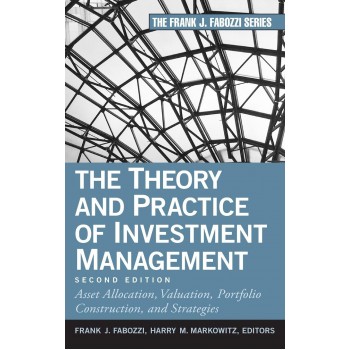
-350x350.png)
-350x350.png)
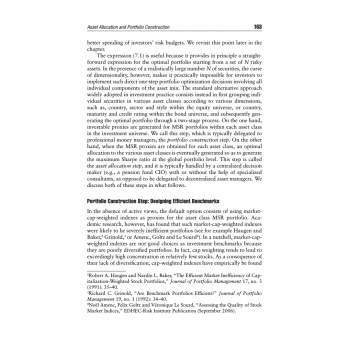
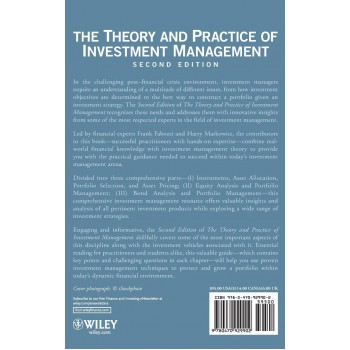
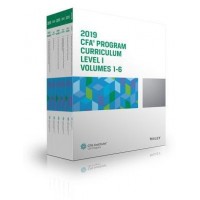
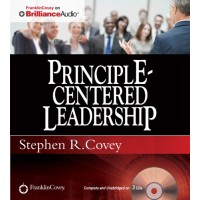
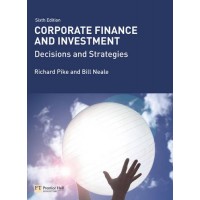
![Hewlett Packard [HP] Calculator Financial Platinum RPN Algebraic Programmable, HP12C Platinum Hewlett Packard [HP] Calculator Financial Platinum RPN Algebraic Programmable, HP12C Platinum](https://www.stonesandgavel.com/image/cache/catalog/Calculator/HP_Plat/plat_1-200x200.jpg)
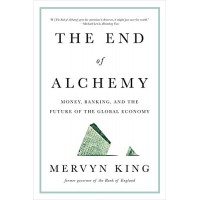
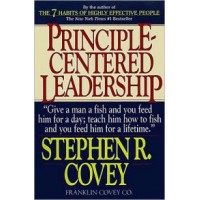

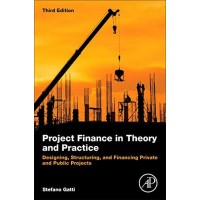
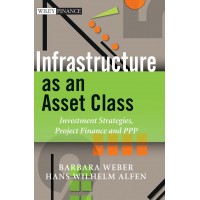
![Hewlett Packard [HP] Calculator Financial Battery-power 10 Digit over 120 Functions, HP12C Hewlett Packard [HP] Calculator Financial Battery-power 10 Digit over 120 Functions, HP12C](https://www.stonesandgavel.com/image/cache/catalog/Calculator/hp_plat_1-200x200.jpg)

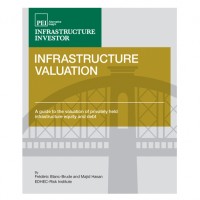
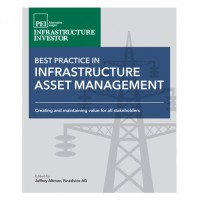
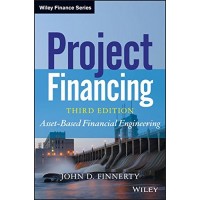
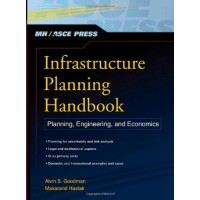
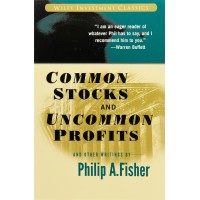
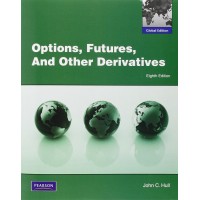
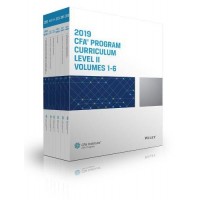
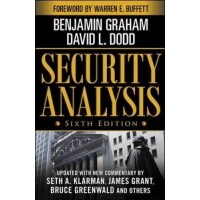
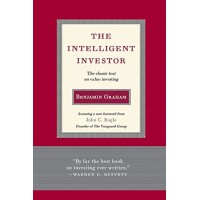
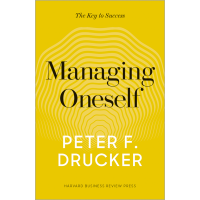
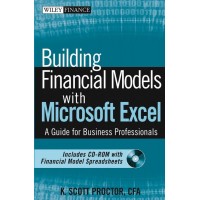
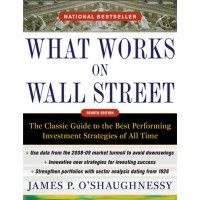
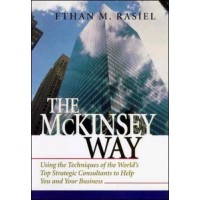
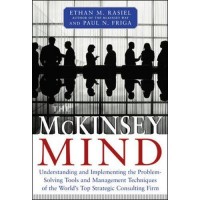
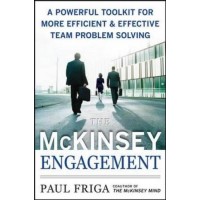
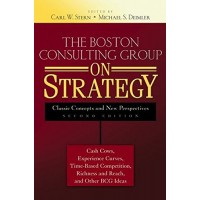
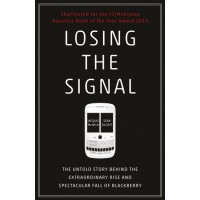

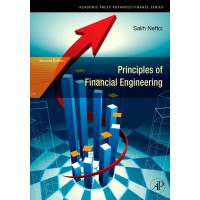

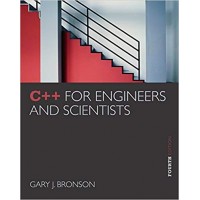
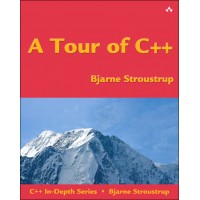
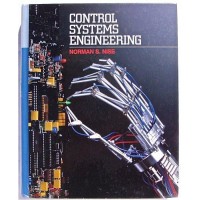
-200x200.jpg)
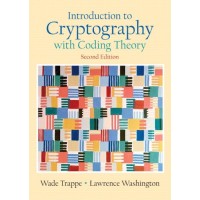
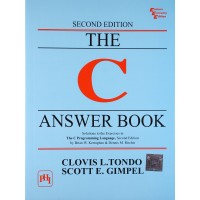
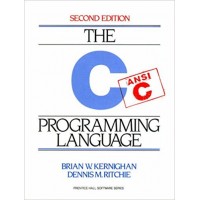
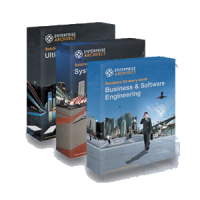

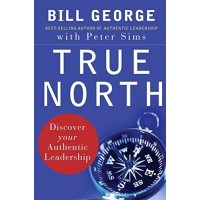
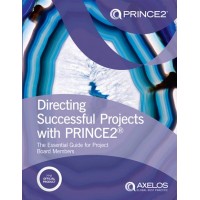
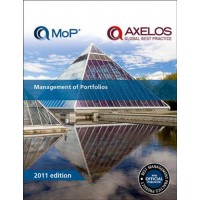
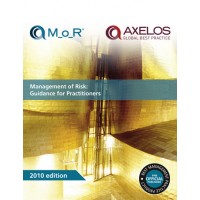
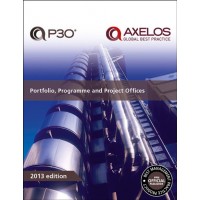
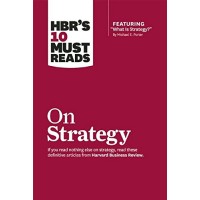
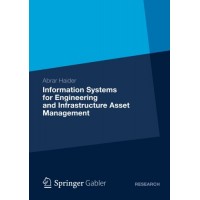
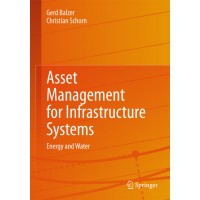

-200x200.jpg)
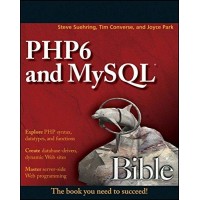
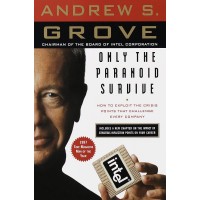

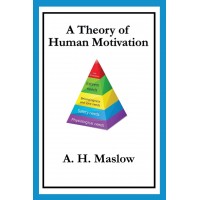

-200x200.jpg)
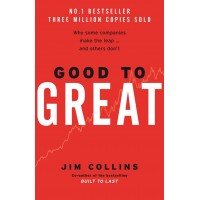
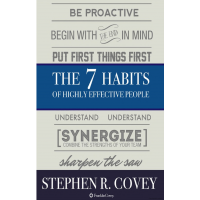
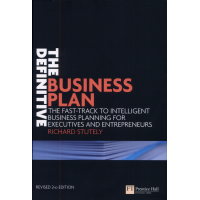
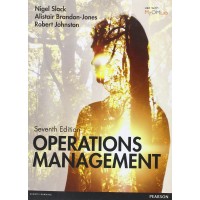
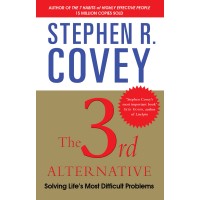
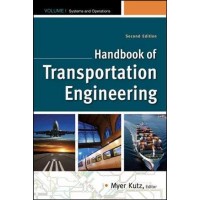
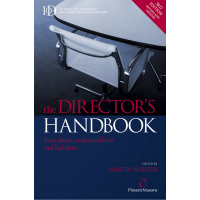
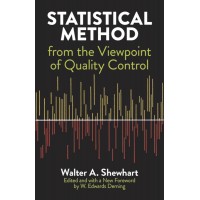
-200x200.jpg)


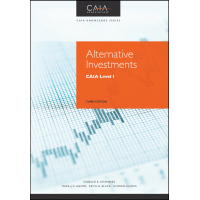
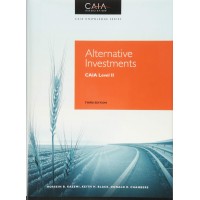

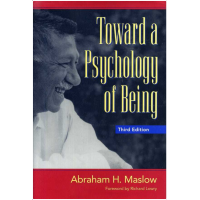

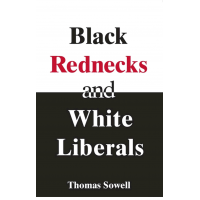
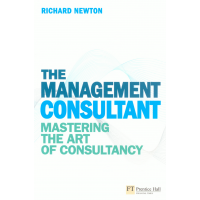


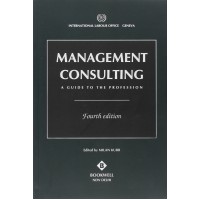
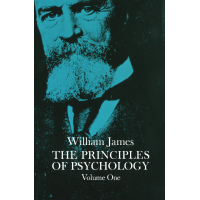
-200x200.jpg)
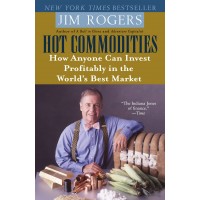
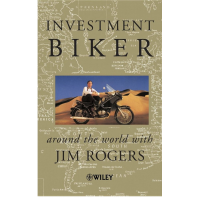
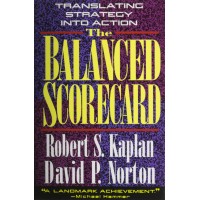
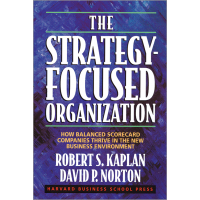
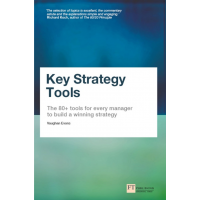
-200x200.jpg)


-200x200.jpg)
-200x200.jpg)
-200x200.jpg)
-200x200.jpg)
-200x200.jpg)


